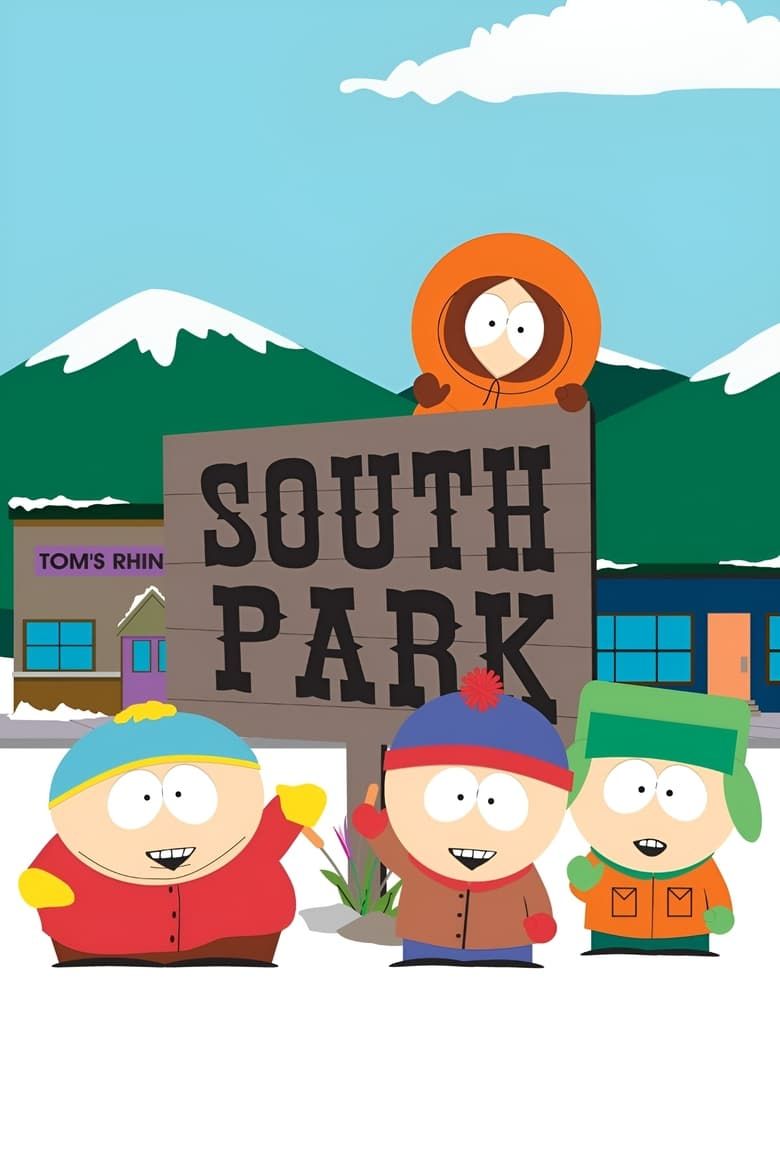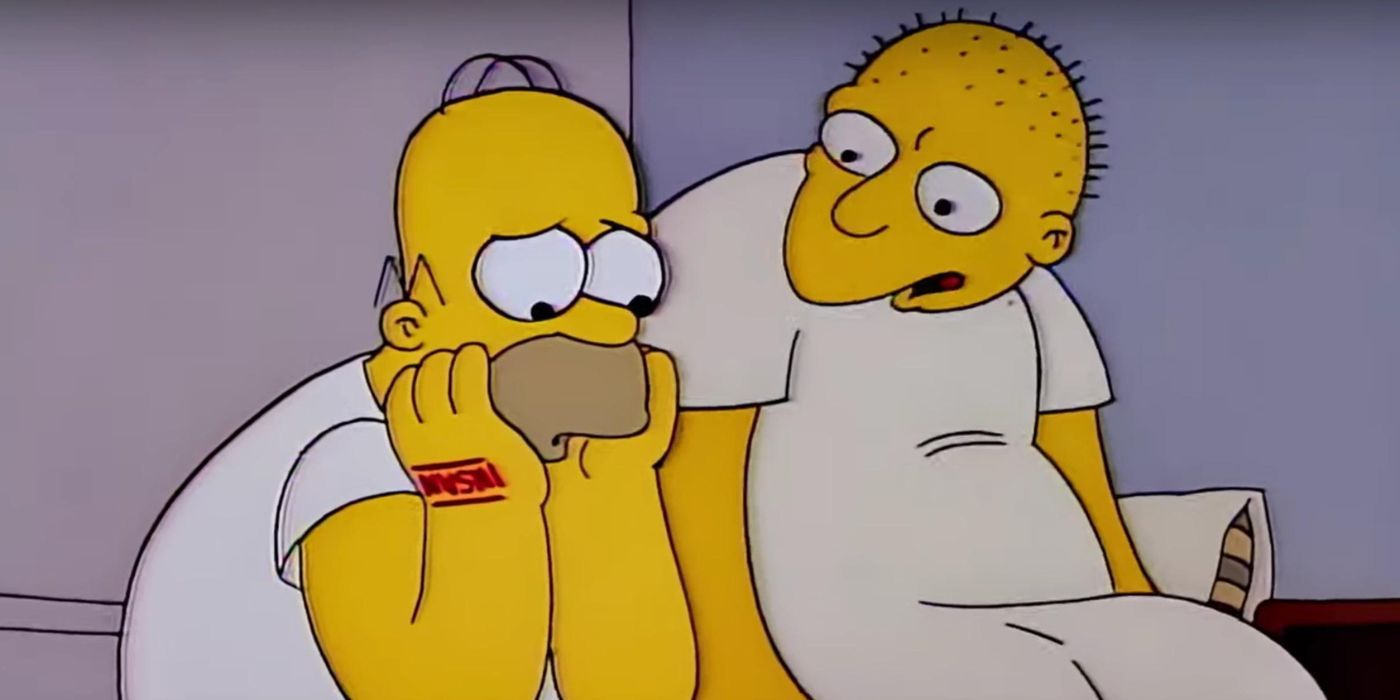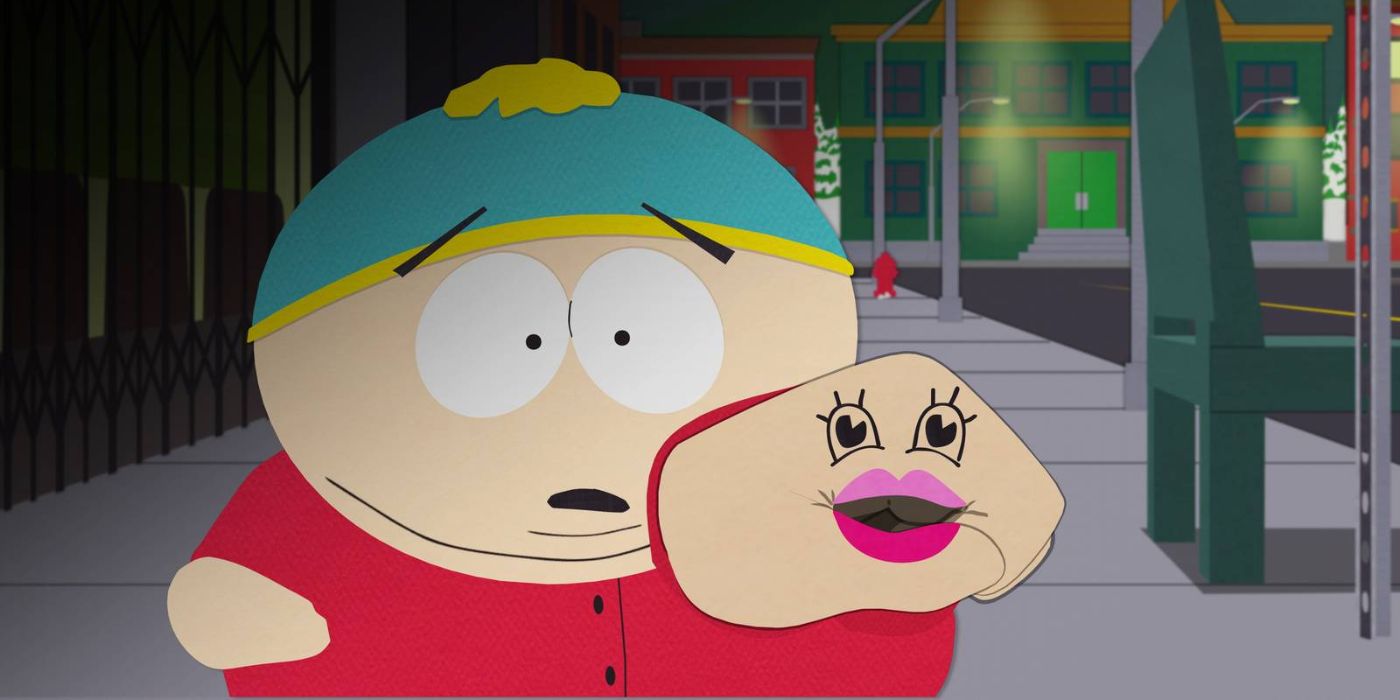Not only is comedy incredibly subjective, but it is also often imbued with a responsibility to highlight topical issues with intelligence, using its unique viewpoint to both challenge and enlighten audiences’ understanding of issues. Many of the best comedy series to have graced the small-screen have found fans and acclaim aplenty with this approach. However, such series always walk a fine line, and it is not at all uncommon for them to overstep in this pursuit.
What is somewhat uncommon is for these series to find episodes being banned. Ranging from sitcom episodes that were perhaps too revolutionary in their endeavor to touch on contemporary societal woes, to adult animated series that conjured controversy aplenty with their skewering, and even to children’s cartoons that proved to be too irreverent for their own good, these 10 episodes were taken off the air for one reason or another.
10
“Elephant Issues” (1991)
Season 2, Episode 3 – ‘Tiny Toon Adventures’
One of many spin-off series of the popular Looney Tunes animated series, Tiny Toon Adventures aired for three seasons in the early 1990s, following a new wave of cartoon critters as they attend Acme Looniversity with aspirations of becoming new Looney Tunes characters. Its intention was to deliver more chaotic fun to a new generation of young viewers, but the third episode of Season 2 went in a different direction entirely with an ill-fated segment called “One Beer.”
It follows three students of the school on a wild night where they get drunk off beer and steal a police car, embarking on a joyriding adventure that ultimately leads to their deaths. While it ends with a message about the risks of being irresponsible with alcohol, the episode segment was deemed to be too inappropriate and intense for children and was subsequently banned from airing, though it can be streamed now on Prime Video.
9
“The Hunger Strike” (2008)
Season 2, Episode 14 – ‘The Boondocks’
Anyone familiar with The Boondocks will not be the least bit surprised to know that its penchant for mixing stereotypical ghetto culture with trending social issues befalling Black Americans led to an episode being banned. That came in the form of Season 2’s “The Hunger Strike,” in which Huey (Regina King) resorts to drastic measures in an attempt to bring about the downfall of BET (Black Entertainment Television). While he initially finds unexpected support, he soon learns that he can’t trust anyone, no matter how noble they claim to be.
It was initially intended to air in the United States in 2008, but due to threatened litigation from the real-life BET and two of its most prominent members, it was withdrawn from airing. Adult Swim finally premiered the episode in America in 2020. While the reasons for it being banned are relatively simplistic, the episode’s handling of its integral issues is anything but, with widespread criticisms of BET illuminating industry-wide issues of stereotypical portrayal of Black Americans in entertainment.
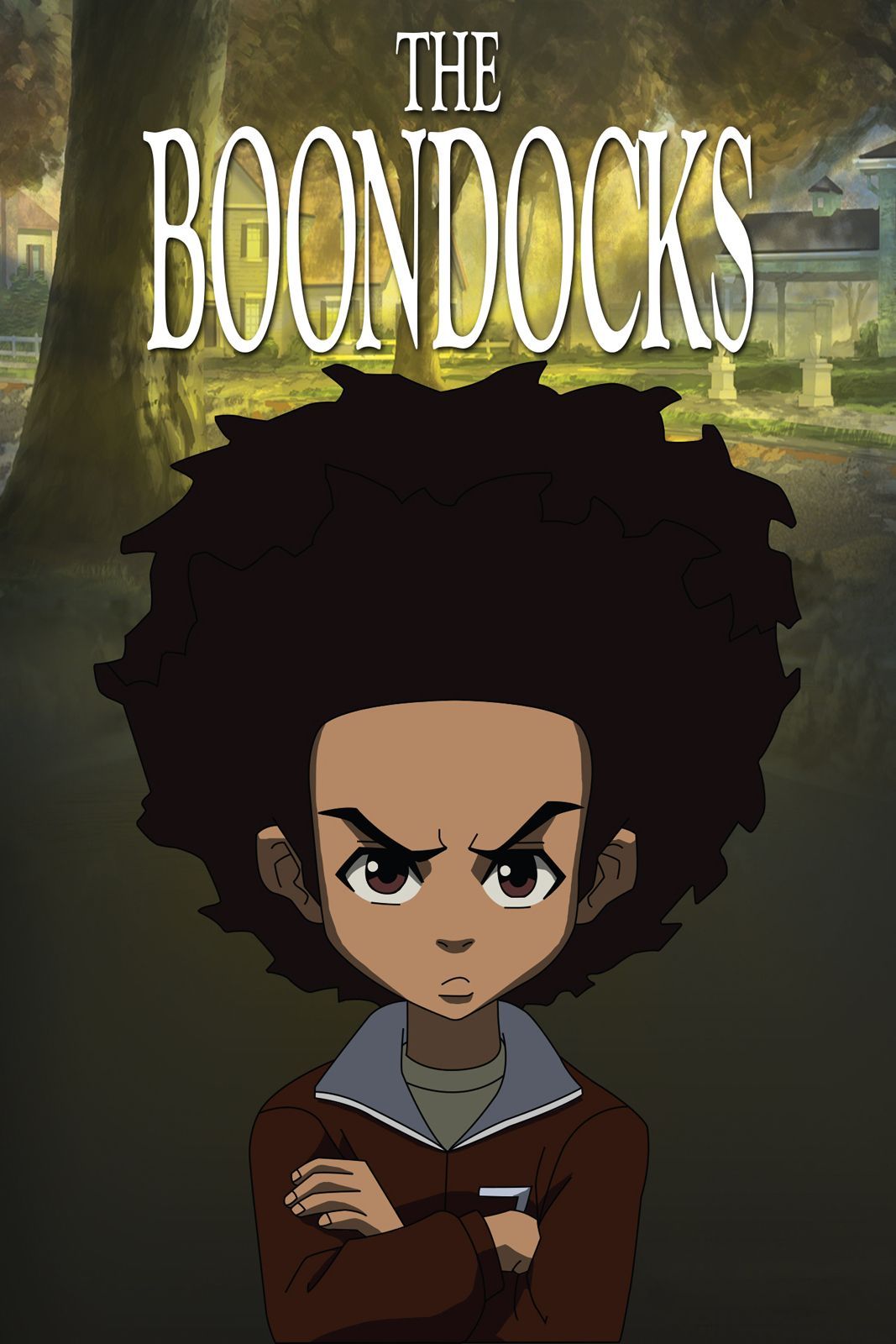
8
“The Puerto Rican Day” (1998)
Season 9, Episode 20 – ‘Seinfeld’
While Seinfeld never strayed into the region of true, vulgar obscenity, it always had its finger firmly on the pulse of societal taboos, and typically danced around them with its irreverent wit and its outstanding observational comedy. That being said, one standout Seinfeld episode that did perhaps cross a line and cause a strong response was “The Puerto Rican Day,” an episode that is the second-highest-rated episode in the series’ history, with 38.8 million viewers tuning in as it was effectively the second-last episode of the series.
It follows the quartet of main characters as each of them responds differently to being stuck in traffic during the Puerto Rican Day celebrations. One particular misadventure sees Cosmo Kramer (Michael Richards) accidentally burn a Puerto Rican flag before stomping on it in an effort to put the fire out, an act that, when misinterpreted, causes quite the commotion. Despite its playful intent and the joke being around the misunderstanding, the episode stoked the ire of Puerto Rican activists, leading to an apology from NBC, which banned it from airing on their network again.
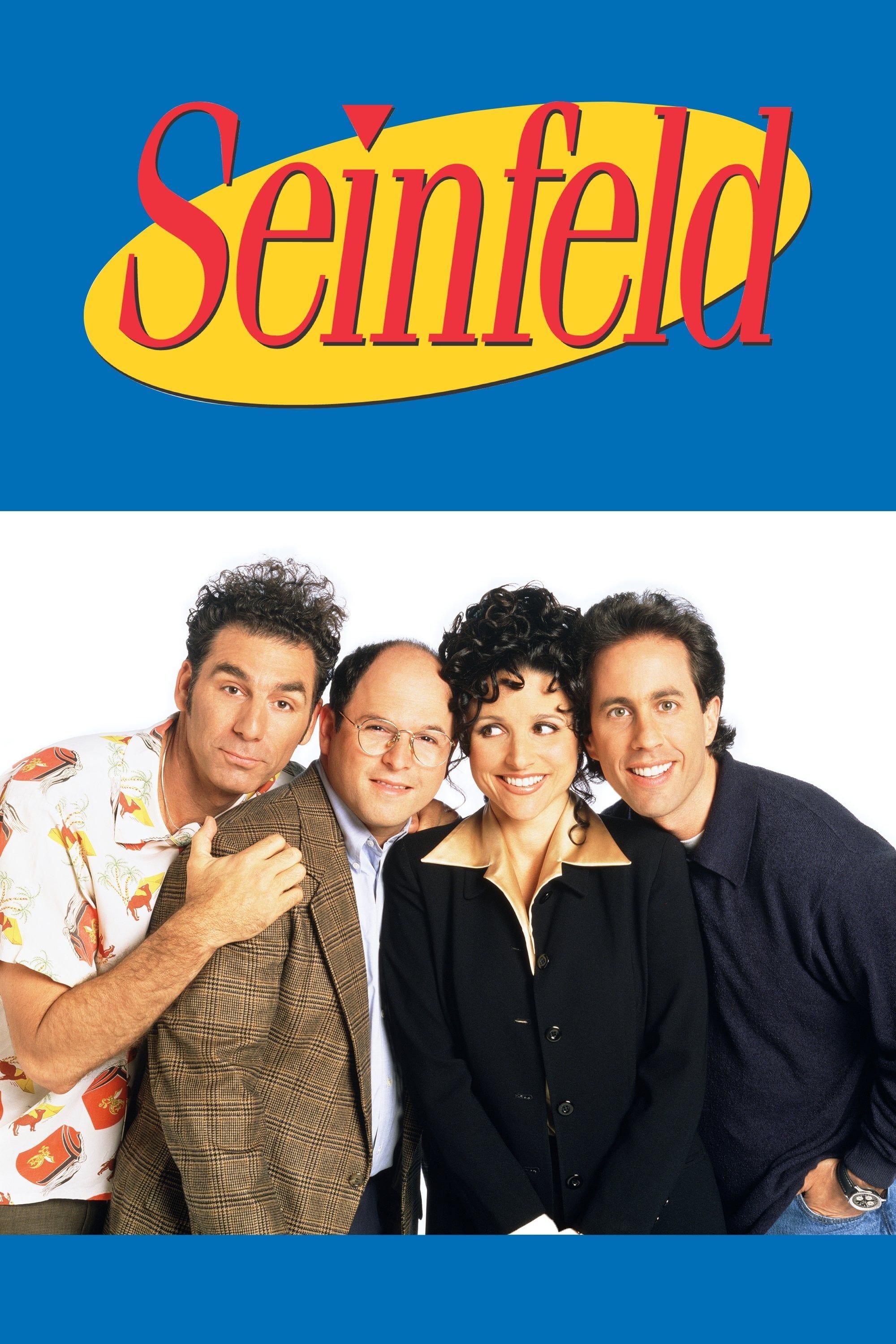
7
“Man’s Best Friend” (2003)
Season 2, Episode 2 – ‘The Ren & Stimpy Show’
Running for five seasons through the first half of the 1990s, The Ren & Stimpy Show quickly became a cult icon of the times with its animated absurdity, its slapstick comedy, and its dark humor. Even with a slightly more lenient TV-Y7 rating, the series toed the line of acceptable children’s entertainment on multiple occasions. However, Nickelodeon wasn’t taking any chances with the Season 2 segment “Man’s Best Friend.”
It follows the titular characters as they are adopted by the stern and militaristic George Liquor (Michael Pataki), whose efforts to discipline the duo lead to violence and absurdity aplenty. The moment that brought the episode into disrepute sees Ren (John Kricfalusi) reach his breaking point, leading to him beating Liquor with an oar in a sequence realized with graphic detail and in slow motion. Coupled with instances of tobacco use, the episode was not only banned from airing, but led to Kricfalusi’s contract being terminated by Nickelodeon. The episode later aired in 2003 ahead of the premiere of Ren & Stimpy Adult Party Cartoon, carrying a TV-MA rating.
6
“The Bicycle Man” (1983)
Season 5, Episode 16/17 – ‘Diff’rent Strokes’
Running from 1976 to 1982, Diff’rent Strokes is of an interesting era in regard to sitcom entertainment, an era where such series were beginning to tackle topical social issues directly. Dubbed a “very special episode” for its particularly strong subject matter, “The Bicycle Man” is a lauded though somewhat infamous example of this. Addressing child exploitation and sexual abuse, it follows Arnold (Gary Coleman) and his friend Dudley (Shavar Ross) as they encounter Mr. Horton (Gordon Jump), a bike shop owner who tries to molest the two boys.
While it was widely praised for its composure, maturity, and its detailed understanding of pedophilia and the effects of abuse, it was considered too disturbing and intense for a series that was intended to be family entertainment. It remains largely unavailable on streaming platforms and can only really be found on old DVD releases of the series’ fifth season.
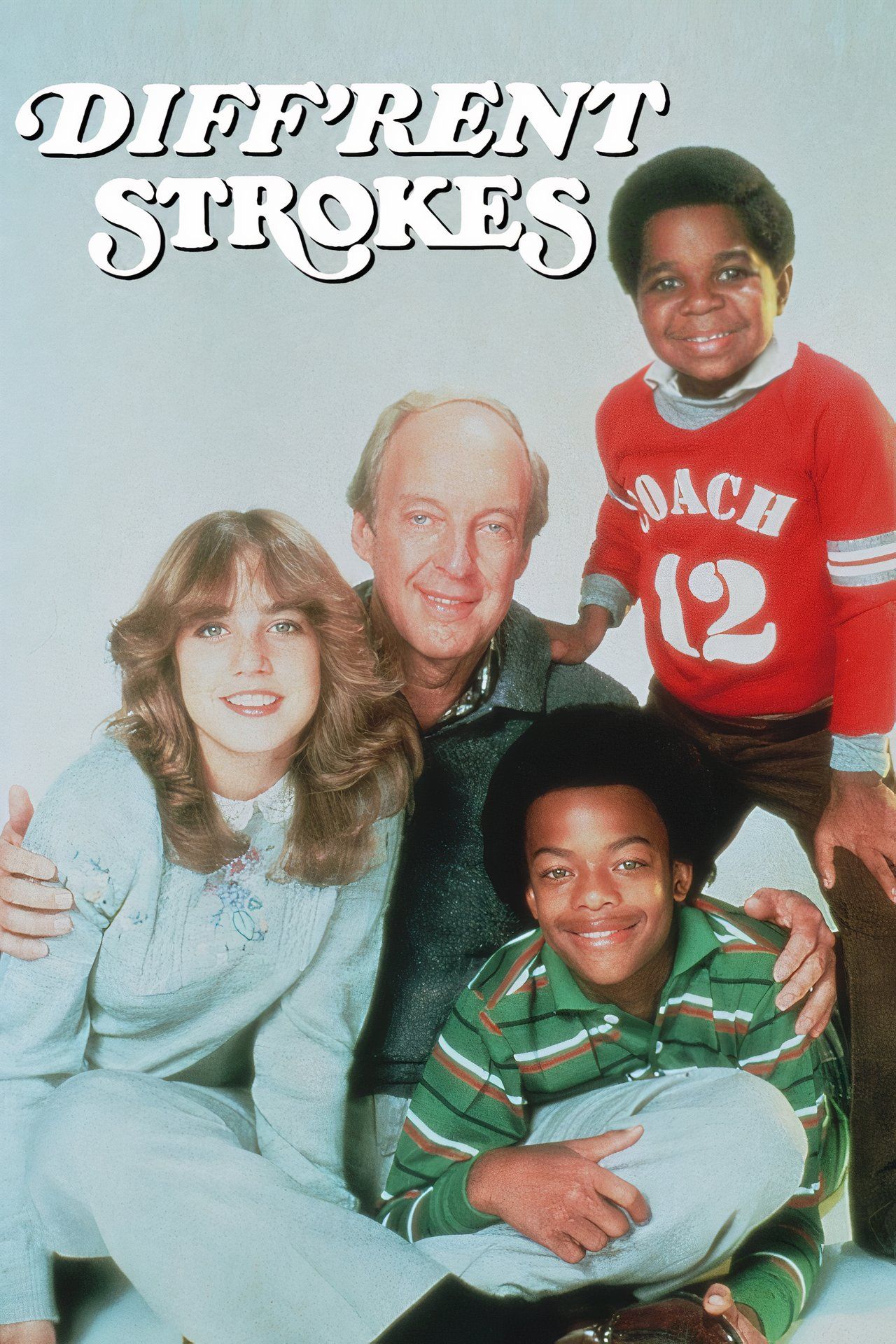
-

Conrad Bain
Phillip Drummond
-

Gary Coleman
Arnold Jackson
-

Todd Bridges
Willis Jackson
-

Dana Plato
Kimberly Drummond
5
“Buffalo Gals / Cow and Chicken Reclining” (1998)
Season 2, Episode 7 – ‘Cow and Chicken’
Another naughty ’90s episode from a children’s show, “Buffalo Gals / Cow and Chicken Reclining” is the seventh episode of Season 2 of Cartoon Network’s Cow and Chicken, and it certainly caused quite a stir. Its first segment transpires as the two titular characters find their house being invaded by a women’s motorcycle gang, the members of which are portrayed with many stereotypical traits of lesbians.
Cow and Chicken as a whole always stumbled along a line of childish irreverence and senselessly crass and crude comedy, with the “Buffalo Gals” chapter a particularly glaring example of the latter. Its complete lack of satirical elements and its blunt visual gags and innuendos make the episode feel especially mean-spirited rather than playful. This, combined with the fact that many of its younger viewers would fail to grasp most of its gags, saw the segment banned, never to be aired again, with “Orthodontic Police” replacing it in future airings.
4
“America’s Next Top Paddy’s Billboard Model Contest” (2008)
Season 4, Episode 3 – ‘It’s Always Sunny in Philadelphia’
Following five selfish, ignorant, crude, volatile, and egregiously insensitive characters and the many misadventures they embark on as they try to manage an Irish pub, It’s Always Sunny in Philadelphia has always had an eagerness to push the boundaries of what is acceptable to televise. In fact, this comedic dare and this appetite for controversy are huge reasons as to why the series has become so popular, but it has also led to the banning of several Always Sunny episodes as well.
Perhaps the most offensive of these episodes is “America’s Next Top Paddy’s Billboard Model Contest,” with its subplot involving Dee (Kaitlin Olson) trying to create viral videos to drum up publicity for the bar. Several of her segments involve racist caricatures, including a stereotypical Latina woman dubbed Martina Martinez, and a crude Asian character called Taiwan Tammy. While the gags are about Dee’s ignorance rather than the race’s she is portraying, the episode has still been banned from streaming for its use of brownface.
3
“Stark Raving Dad” (1991)
Season 3, Episode 1 – ‘The Simpsons’
While it is mostly family-friendly, The Simpsons has never shied away from dabbling in controversial comedy, if an episode’s premise allows for it. The Simpsons has seen 11 of its episodes banned throughout its 36-season run, with the Season 3 premiere perhaps the most macabre given its off-screen implications. It sees Homer (Dan Castellaneta) placed in a mental institution where his cellmate believes he is Michael Jackson (with Jackson voicing the character).
The episode was well-received by the masses and didn’t stir any initial controversy, but following the release of Leaving Neverland—a documentary detailing accusations of child sexual abuse against Jackson—the episode was pulled from circulation, with showrunner Al Jean expressing his belief that Jackson used the episode to groom children. Interestingly, Disney’s removal of the episode from Disney+ drew as much, if not more, criticism than the episode itself, with many regarding the decision to be symptomatic of a growing trend in which troublesome material is effectively erased by corporations.
2
“Partial Terms of Endearment” (2010)
Season 8, Episode 21 – ‘Family Guy’
There is hardly a social issue as polarizing and vehemently intense as the debate around abortion in the modern world. Unsurprisingly, Family Guy’s exploration of the sensitive subject was deemed to be ghastly and offensive. The Season 8 finale, “Partial Terms of Endearment,” sees Lois (Alex Borstein) agree to become a surrogate mother to her old college friend’s child against Peter’s (Seth MacFarlane) wishes. When the biological parents die in a car accident, however, the Griffins must decide whether to get an abortion or to go through with the pregnancy.
Interestingly, the episode was widely praised by critics for its conviction, with Lois opting to have the abortion, imbuing it with a decisiveness that makes its rapid-fire, wilfully offensive punchlines commendable rather than cheap. Despite this acclaim, Fox and Adult Swim refused to air the episode in America due to its controversial matter, a move that has been met with criticism. It was, however, released on DVD later in the year and has been available to stream on Netflix.
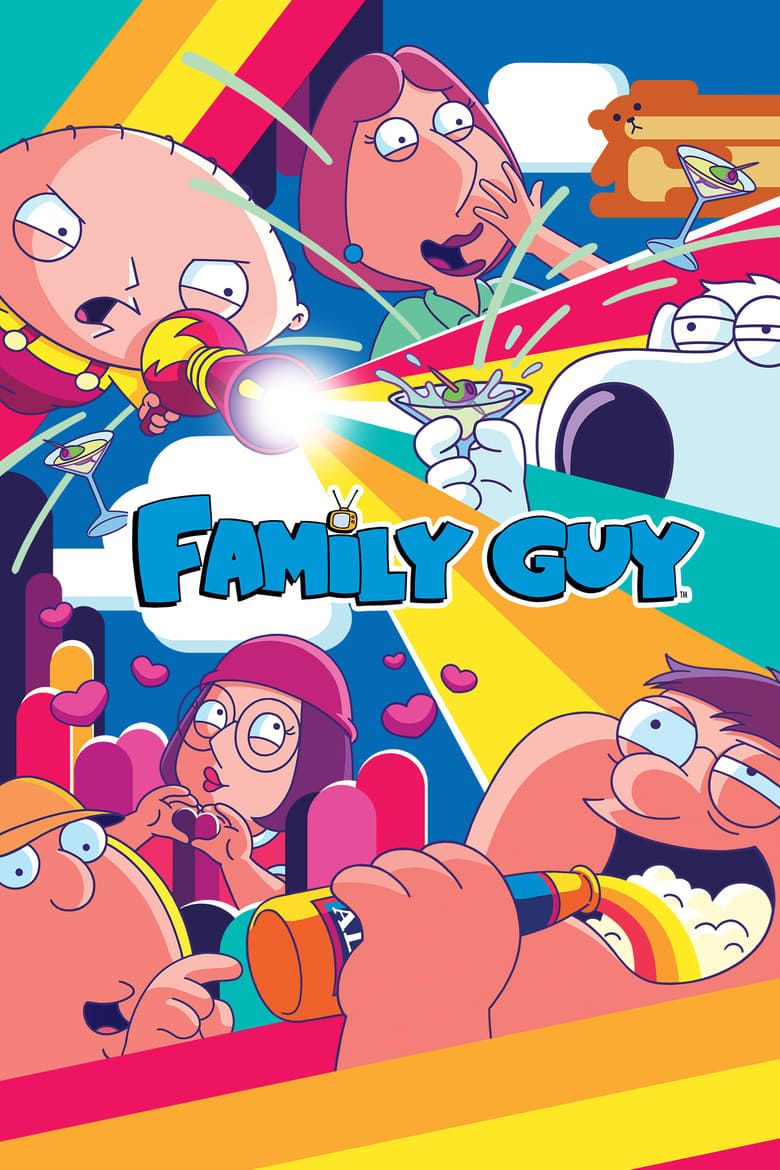
1
“200” & “201” (2010)
Season 14, Episodes 5 & 6 – ‘South Park’
It will surprise no one that the episode that has amassed the greatest and most volatile controversy comes from the satirical masterpiece of animated comedy that is South Park. The hit series is no stranger to stoking outcry from the public, but it took that knack for outrage to new heights in its double-episode celebration of its 200th installment, the aptly named “200” and “201.” It sees Tom Cruise leading all the celebrities the series had previously mocked in a bid to sue the town of South Park. Cruise agrees to end the lawsuit if the people of the town can facilitate a meeting for him with the Islamic prophet Muhammad.
The episode’s relentless satire of past acts of violence in response to the depiction of Muhammad in newspaper cartoons inspired death threats from the radical Islamic group, Revolution Muslim. In the aftermath of such threats, South Park Studios announced that the episodes would not be streamed on their website. Additionally, the episodes have not been made available to stream on HBO Max or Paramount+.
